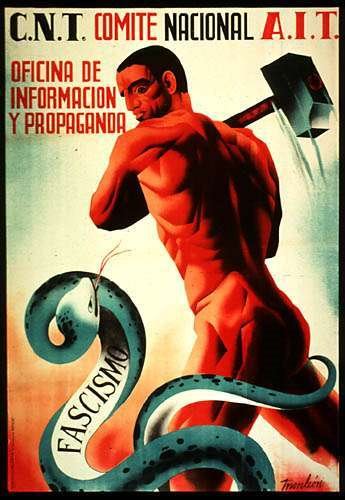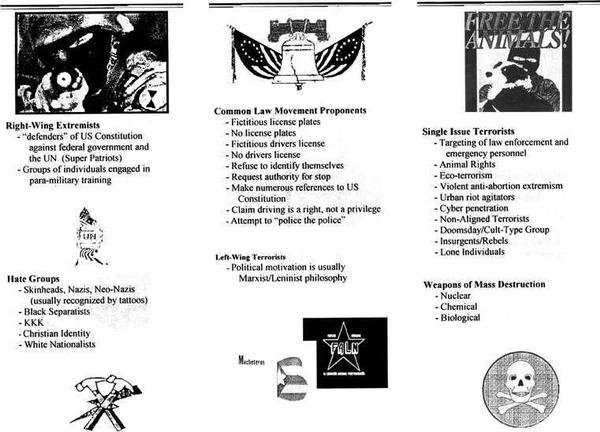The Antiwar, Anti-Abortion, Anti-Drug-Enforcement
-Administration, Anti-Medicare Candidacy of Dr. Ron Paul
-Administration, Anti-Medicare Candidacy of Dr. Ron Paul
Whipping westward across Manhattan in a limousine sent by Comedy Central’s “Daily Show,” Ron Paul, the 10-term Texas congressman and long-shot Republican presidential candidate, is being briefed. Paul has only the most tenuous familiarity with Comedy Central. He has never heard of “The Daily Show.” His press secretary, Jesse Benton, is trying to explain who its host, Jon Stewart, is. “He’s an affable gentleman,” Benton says, “and he’s very smart. What I’m getting from the pre-interview is, he’s sympathetic.”

Paul nods.
“GQ wants to profile you on Thursday,” Benton continues. “I think it’s worth doing.”
“GTU?” the candidate replies.
“GQ. It’s a men’s magazine.”
“Don’t know much about that,” Paul says.
Thin to the point of gauntness, polite to the point of daintiness, Ron Paul is a 71-year-old great-grandfather, a small-town doctor, a self-educated policy intellectual and a formidable stander on constitutional principle. In normal times, Paul might be — indeed, has been — the kind of person who is summoned onto cable television around April 15 to ventilate about whether the federal income tax violates the Constitution. But Paul has in recent weeks become a sensation in magazines he doesn’t read, on Web sites he has never visited and on television shows he has never watched.
Alone among Republican candidates for the presidency, Paul has always opposed the Iraq war. He blames “a dozen or two neocons who got control of our foreign policy,” chief among them Vice President Dick Cheney and the former Bush advisers Paul Wolfowitz and Richard Perle, for the debacle. On the assumption that a bad situation could get worse if the war spreads into Iran, he has a simple plan. It is: “Just leave.” During a May debate in South Carolina, he suggested the 9/11 attacks could be attributed to United States policy. “Have you ever read about the reasons they attacked us?” he asked, referring to one of Osama bin Laden’s communiqués. “They attack us because we’ve been over there. We’ve been bombing Iraq for 10 years.” Rudolph Giuliani reacted by demanding a retraction, drawing gales of applause from the audience. But the incident helped Paul too. Overnight, he became the country’s most conspicuous antiwar Republican.
Paul’s opposition to the war in Iraq did not come out of nowhere. He was against the first gulf war, the war in Kosovo and the Iraq Liberation Act of 1998, which he called a “declaration of virtual war.” Although he voted after Sept. 11 to approve the use of force in Afghanistan and spend $40 billion in emergency appropriations, he has sounded less thrilled with those votes as time has passed. “I voted for the authority and the money,” he now says. “I thought it was misused.”
There is something homespun about Paul, reminiscent of “Mr. Smith Goes to Washington.” He communicates with his constituents through birthday cards, August barbecues and the cookbooks his wife puts together every election season, which mix photos of grandchildren, Gospel passages and neighbors’ recipes for Velveeta cheese fudge and Cherry Coke salad. He is listed in the phone book, and his constituents call him at home. But there is also something cosmopolitan and radical about him; his speeches can bring to mind the World Social Forum or the French international-affairs periodical Le Monde Diplomatique. Paul is surely the only congressman who would cite the assertion of the left-leaning Chennai-based daily The Hindu that “the world is being asked today, in reality, to side with the U.S. as it seeks to strengthen its economic hegemony.” The word “empire” crops up a lot in his speeches.
This side of Paul has made him the candidate of many people, on both the right and the left, who hope that something more consequential than a mere change of party will come out of the 2008 elections. He is particularly popular among the young and the wired. Except for Barack Obama, he is the most-viewed candidate on YouTube. He is the most “friended” Republican on MySpace.com. Paul understands that his chances of winning the presidency are infinitesimally slim. He is simultaneously planning his next Congressional race. But in Paul’s idea of politics, spreading a message has always been just as important as seizing office. “Politicians don’t amount to much,” he says, “but ideas do.” Although he is still in the low single digits in polls, he says he has raised $2.4 million in the second quarter, enough to broaden the four-state campaign he originally planned into a national one.
Paul represents a different Republican Party from the one that Iraq, deficits and corruption have soured the country on. In late June, despite a life of antitax agitation and churchgoing, he was excluded from a Republican forum sponsored by Iowa antitax and Christian groups. His school of Republicanism, which had its last serious national airing in the Goldwater campaign of 1964, stands for a certain idea of the Constitution — the idea that much of the power asserted by modern presidents has been usurped from Congress, and that much of the power asserted by Congress has been usurped from the states. Though Paul acknowledges flaws in both the Constitution (it included slavery) and the Bill of Rights (it doesn’t go far enough), he still thinks a comprehensive array of positions can be drawn from them: Against gun control. For the sovereignty of states. And against foreign-policy adventures. Paul was the Libertarian Party’s presidential candidate in 1988. But his is a less exuberant libertarianism than you find, say, in the pages of Reason magazine.




Nuk ka komente:
Posto një koment